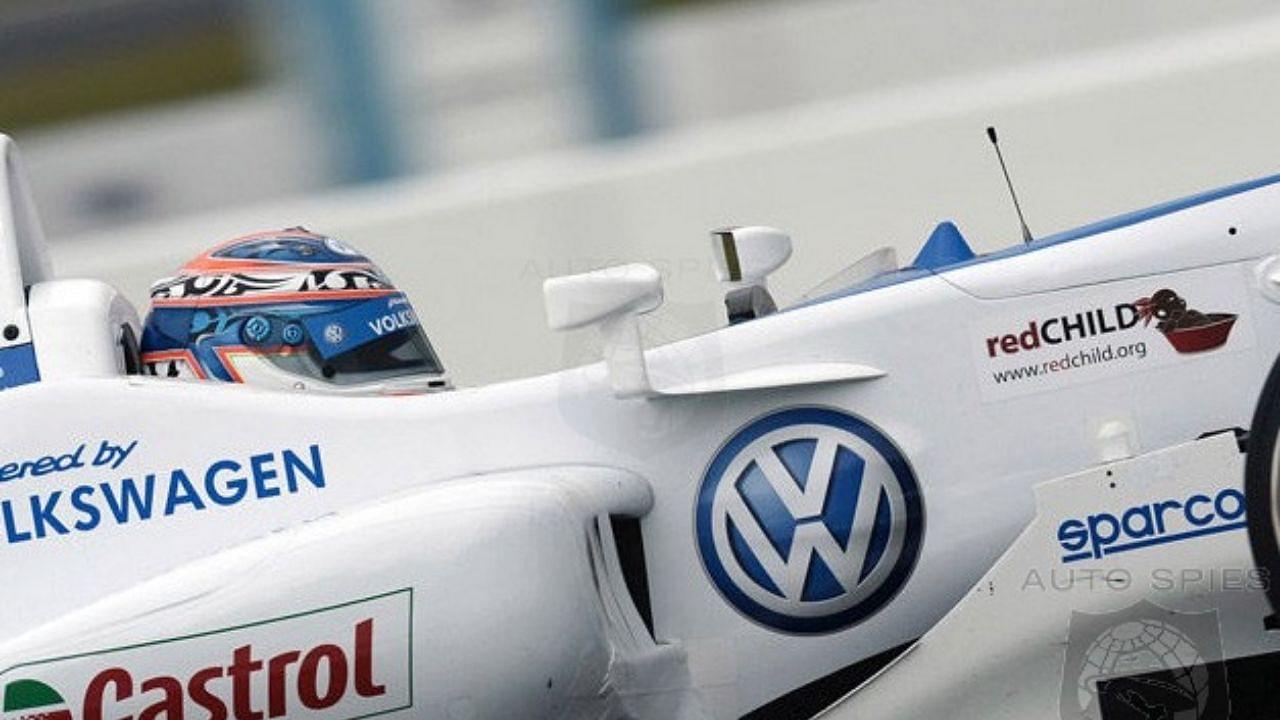MGU-H has been phased out of the power units starting in 2026 but ensuring that the electrical power output will be increased to 350kW.
The MGU-H – Motor Generator Unit-Heat – is a device that can recover or store energy from, or to, the turbocharger in an F1 car. It uses the gases that spin the turbocharger’s turbine to produce electricity.
It was first developed for the current generation of 1.6 liter V6 power units brought into F1 in 2014 – and that same technology will soon find its way onto the road in Mercedes-AMG models, in the form of an innovation called the “electric exhaust gas turbocharger”, developed in conjunction with turbo manufacturer Garrett Motion.
Mercedes debuted the MGU-H technology in road cars in 2020
“We have clearly defined our goals for an electrified future. In order to reach them, we are relying on discrete and highly innovative components as well as assemblies,” said Mercedes-AMG CEO Tobias Moers.
Also Read: F1 expert degrades Mercedes’ behaviour of not showing up to FIA Prize-Giving Gala
“With this move, we are strategically supplementing our modular technology and tailoring it to our performance requirements.
“In a first step, this includes the electrified turbocharger – an example of the transfer of Formula 1 technology to the road, something with which we will take turbocharged combustion engines to a previously unattainable level of agility.”
Mercedes are no strangers to putting F1 tech to use in their road cars, with the Project One hypercar to use a power unit derived from their 1.6-litre engine that has dominated the turbo-hybrid era of F1.
A Gateway for Volkswagen group to Formula 1?
In 2019, Volkswagen announced that they are “focusing its motorsport strategy on electric mobility” moving forward and that “a clear emphasis on fully-electric racing cars will be backed up by the farewell to factory-backed commitments using internal combustion engines.”
Also Read: Lewis reveals his hilarious encounter with the Queen as he receives knighthood from Prince Charles
Also in 2019, Formula 1 announced an ambitious sustainability plan to have a net-zero carbon footprint by 2030 which is aligning with the VW Group’s sustainability message along with approval in the concept of F1 running on 100 percent sustainable fuel alongside the increased electrical power boost.
Mercedes F1 team manager Toto Wolff suggested earlier this summer that the German manufacturer was willing to drop the MGU-H if other rules parameters were agreed upon.
“I think it’s a compromise that, I can’t speak for anybody else, but at Mercedes, we are prepared to enter in order to facilitate the entry of the Volkswagen Group,” he said. “But there are several other topics where compromise needs to be found.”
This move can open doors for the renowned manufacturer’s group in entering the sport ensuring a cost cap that ensured that new entrants would not overspend and align to the sustainable goals for the future.







